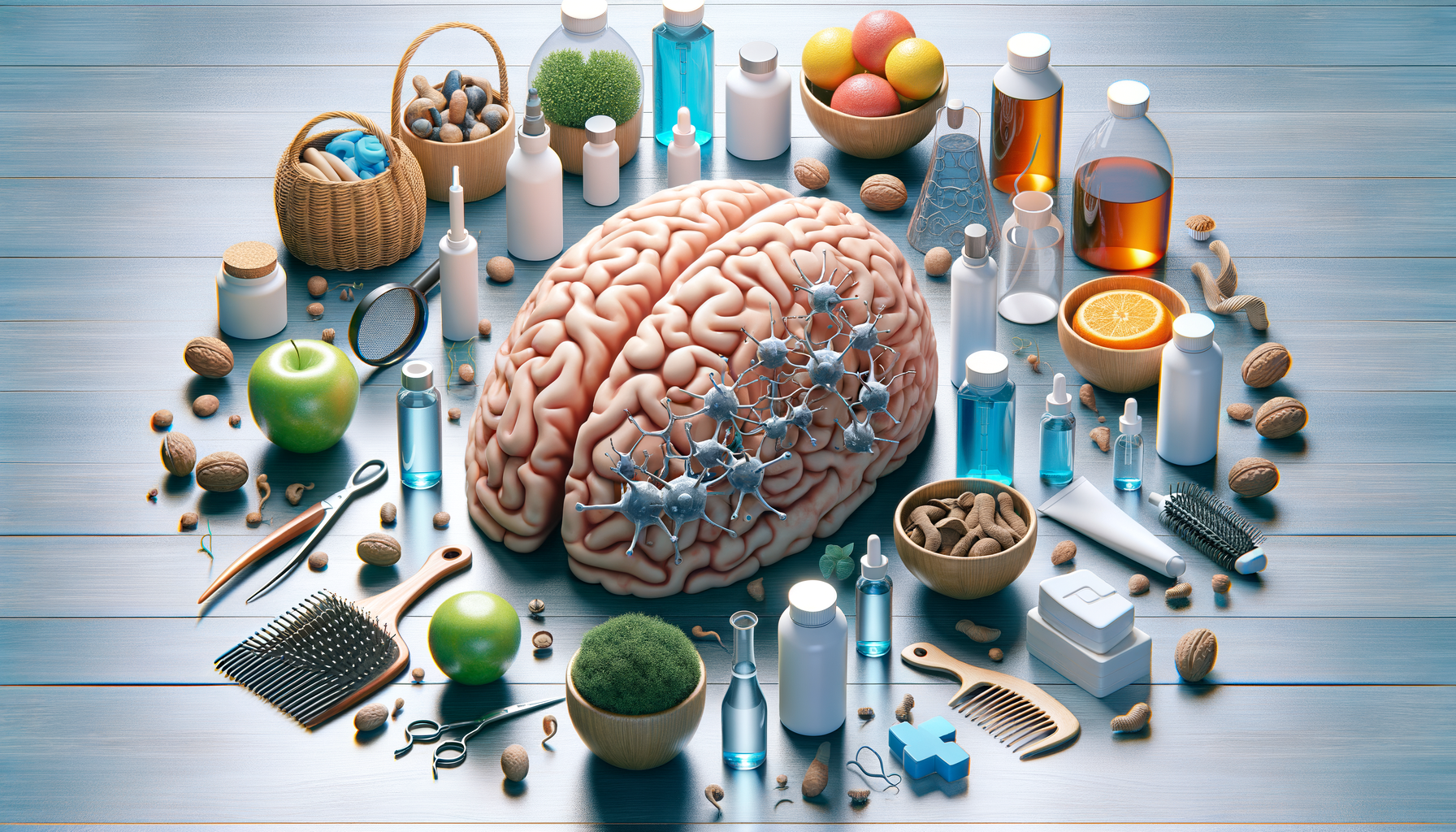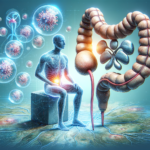Understanding Androgenetic Alopecia
Androgenetic alopecia, commonly known as male or female pattern baldness, is a prevalent form of hair loss affecting millions worldwide. It is characterized by a progressive thinning of hair, primarily on the scalp, and can significantly impact self-esteem and quality of life. The condition results from a combination of genetic and hormonal factors, particularly involving dihydrotestosterone (DHT), a derivative of testosterone. DHT binds to androgen receptors in hair follicles, causing them to shrink and eventually stop producing hair.
The onset of androgenetic alopecia can vary, with men often experiencing noticeable thinning in their 20s and women typically seeing changes later in life. The pattern of hair loss differs between genders, with men experiencing receding hairlines and women noticing a general thinning across the crown. Despite its prevalence, many misconceptions surround the condition, leading to confusion and frustration among those affected.
Understanding the biological mechanisms behind androgenetic alopecia is crucial for developing effective management strategies. While it is not entirely curable, various treatments can slow its progression and promote hair regrowth. These treatments range from topical applications to oral medications, each targeting different aspects of the condition. By exploring these options, individuals can make informed decisions about managing their hair loss and maintaining their confidence.
Scientific Approaches to Managing Hair Loss
Scientific advancements have paved the way for various treatments that offer hope to those dealing with androgenetic alopecia. One of the most well-known treatments is the use of topical minoxidil, a medication that stimulates hair follicles and promotes regrowth. Minoxidil is available over-the-counter and has been shown to be effective for both men and women, although results can vary.
Another popular option is finasteride, an oral medication that reduces DHT levels in the scalp. By inhibiting the enzyme responsible for converting testosterone to DHT, finasteride helps slow hair loss and can even lead to regrowth in some cases. However, it is primarily prescribed for men, as it can have adverse effects on women, particularly those who are pregnant or may become pregnant.
For individuals seeking non-pharmaceutical options, low-level laser therapy (LLLT) offers a promising alternative. This treatment involves using lasers to stimulate hair follicles, increasing blood flow and promoting hair growth. Several studies have demonstrated its effectiveness, making it a viable option for those looking to avoid medications.
While these treatments can be beneficial, it is essential to consult with a healthcare professional to determine the most suitable approach. Each individual’s experience with androgenetic alopecia is unique, and a tailored treatment plan can significantly improve outcomes.
Natural Ingredients and Supplements
In addition to medical treatments, many people explore natural ingredients and supplements as part of their self-care routine for managing androgenetic alopecia. Certain vitamins and minerals play a crucial role in hair health, and deficiencies in these nutrients can exacerbate hair loss.
Biotin, a B-vitamin, is often touted for its ability to strengthen hair and nails. While scientific evidence on its effectiveness in treating androgenetic alopecia is limited, many individuals report improved hair quality when taking biotin supplements. Similarly, zinc and iron are essential minerals that support hair growth, and deficiencies in these nutrients can contribute to hair thinning.
Herbal supplements, such as saw palmetto, have also gained popularity for their potential to block DHT production. While research on saw palmetto is ongoing, some studies suggest it may have a mild effect on hair loss, making it a consideration for those seeking natural remedies.
Incorporating a balanced diet rich in these vitamins and minerals can support overall hair health. Foods such as eggs, nuts, leafy greens, and fish provide essential nutrients that promote strong, healthy hair. By combining dietary changes with other treatments, individuals can enhance their efforts to combat androgenetic alopecia.
The Importance of Scalp Care
Scalp health is a critical factor in managing androgenetic alopecia, as a healthy scalp provides a conducive environment for hair growth. Regular scalp care routines can help maintain cleanliness, reduce inflammation, and improve circulation, all of which contribute to healthier hair.
Exfoliating the scalp is one way to remove dead skin cells and product buildup that can clog hair follicles. Using a gentle exfoliating scrub or brush can stimulate the scalp and promote circulation, encouraging hair growth. Additionally, keeping the scalp moisturized with natural oils, such as jojoba or argan oil, can prevent dryness and irritation.
Massaging the scalp is another effective technique for improving blood flow and stimulating hair follicles. Regular scalp massages can enhance the delivery of nutrients to hair roots, supporting healthier hair growth. This practice can be easily incorporated into daily routines, either during shampooing or as a standalone activity.
By prioritizing scalp care, individuals can complement their treatment plans and improve their chances of managing androgenetic alopecia effectively. A holistic approach that includes both medical treatments and self-care practices offers the best potential for maintaining healthy hair.
Conclusion: Embracing a Holistic Approach
Androgenetic alopecia can be a challenging condition to navigate, but understanding its underlying causes and exploring various treatment options can empower individuals to take control of their hair health. While complete reversal of hair loss may not be feasible for everyone, a combination of scientific treatments, natural supplements, and diligent scalp care can slow its progression and promote regrowth.
By embracing a holistic approach, individuals can tailor their self-care routines to suit their unique needs and preferences. Consulting with healthcare professionals, staying informed about new advancements, and maintaining a positive outlook are essential components of managing androgenetic alopecia effectively.
Ultimately, the journey to managing hair loss is deeply personal, and finding the right balance of treatments and practices can make a significant difference in one’s confidence and quality of life. By prioritizing self-care and exploring all available options, individuals can face the challenges of androgenetic alopecia with resilience and optimism.








